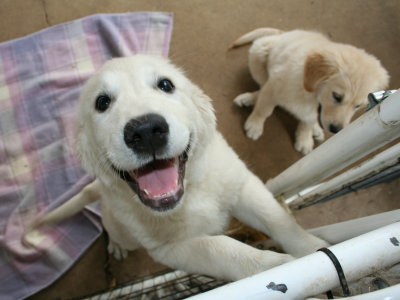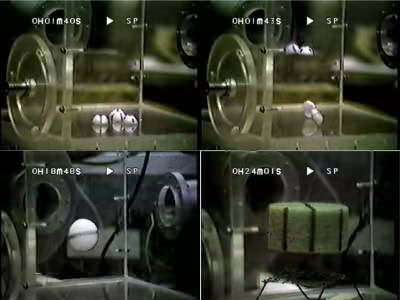Rodents may use special ultrasound waves to move particles around them, making it easier for them to smell.

It has been shown that ultrasonic waves emitted by rodents such as mice and rats may have the ability to affect surrounding particles and cause odorous substances to clump together. It is thought that collecting odorous substances may make it easier for them to smell them.
Do rodents smell with sound? - ScienceDirect
These 'Jedi Rats' Have an Invisible Trick That Can Move Matter Remotely : ScienceAlert
https://www.sciencealert.com/these-jedi-rats-have-an-invisible-trick-that-can-move-matter-remotely
'Use the force,' Mickey: Study suggests that 'Jedi' rodents remotely move matter using sound to enhance their sense of smell - University at Buffalo
https://www.buffalo.edu/news/releases/2024/10/rodents-sense-of-smell-nose.html
It has been known since the 1950s that rodents emit ultrasonic sounds that are above the range of human hearing, but it was generally believed that these sounds were emitted for courtship behavior. However, when Eduardo Mercado III, a professor of bioacoustics at the University of Buffalo, investigated previous research, he found a contradiction between rodent courtship behavior and the emission of ultrasonic sounds. In addition, it was confirmed that rodents sniff the scent immediately after emitting ultrasonic sounds.
Based on this discovery, Mercado speculated from the perspective of acoustics that the ultrasound emitted by rodents may have the effect of clumping airborne particles together, making it easier for them to smell their surroundings.

'This behavior is so far off the scale of what we know, it's like watching a
However, Mercado's hypothesis has not been experimentally confirmed.

According to Mercado, there are previous studies that link rodent vocalizations to communication and use them as models of anxiety and cognitive processes, but if Mercado's hypothesis is proven, it may be necessary to reconsider previous studies. Mercado also said that if his hypothesis is correct, it could lead to fundamental discoveries that confirm how the sense of smell evolved.
Related Posts:







